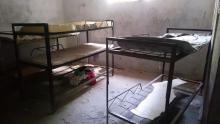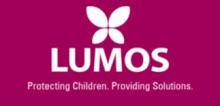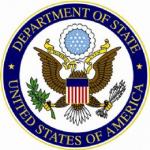How Traffickers Exploit Children in Haiti's Orphanages
If someone, be it an individual or a politician, supports a project in Haiti it is usually an orphanage. The problem is that orphanages in Haiti are a business albeit one with almost no oversight and accountability. The vast majority of the children in orphanages have at least one parent. The smarter investments would be promoting access to family planning so families have only as many children as they can afford and establishing a foster care network throughout the country so that children can be in safe family environments instead. This is not to say all orphanages are bad - but there is a better way and the Haitian government has failed to protect children from the abuse, sexual and otherwise, that often takes place in these institutions. More information follows in a CNN Freedom Project article by Lisa Cohen.


